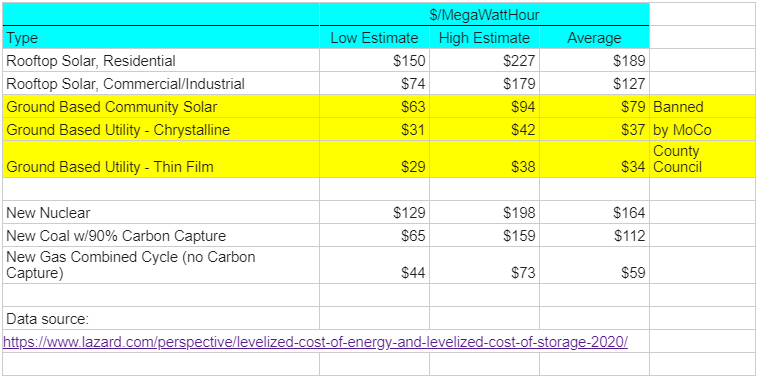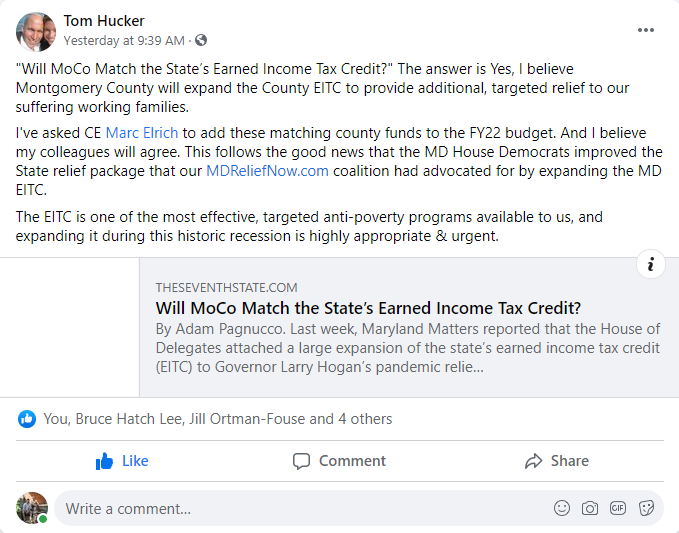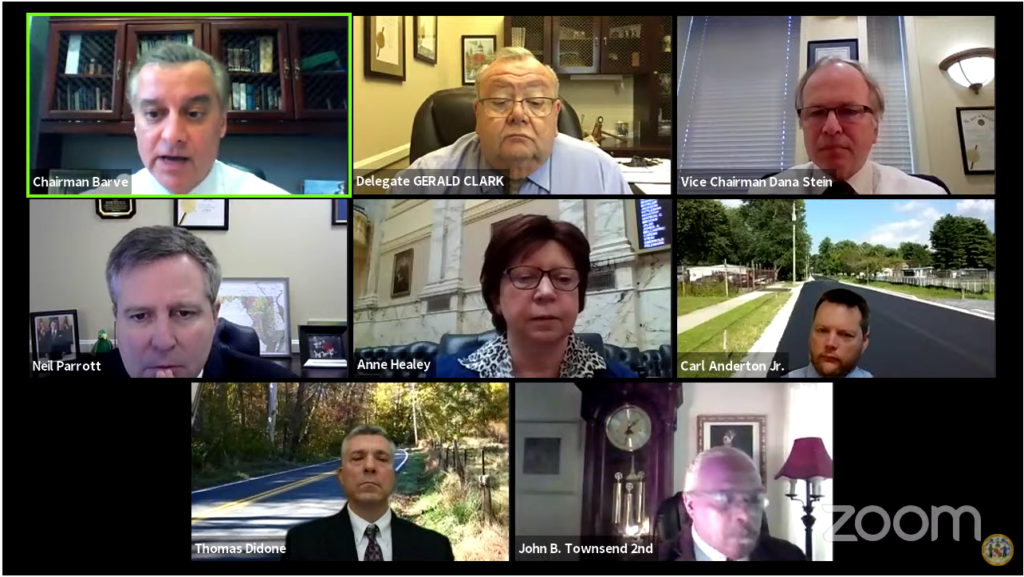By Adam Pagnucco.
The Board of Education and Superintendent Jack Smith just released a statement responding to MCEA’s resolution of no confidence in MCPS’s reopening plan. Their statement is reprinted below.
*****
Statement from the Board of Education and Superintendent Jack R. Smith on The MCEA Resolution on MCPS’ Return-to-School Plan
February 17, 2021
Statement from the Board of Education:
“The COVID-19 pandemic has been and continues to be a significant challenge for our public education system. As a system, we have worked collectively to meet the moment by being resilient and focused on serving our students. Given the challenges we have faced, and the challenges ahead of us, the Montgomery County Board of Education (Board) is deeply disappointed in the Montgomery County Education Association’s (MCEA) recent actions regarding school reopening. During the last 11 months, the Montgomery County Public Schools (MCPS) administration has spent hundreds of hours engaging with MCEA leadership and reached tentative agreement on a Memorandum of Understanding on February 12. The Board believes in collaboration with all stakeholders, including our teachers’ union. However, collaboration does not supplant the singular responsibility and authority of the Board to make decisions about MCPS. The Board always welcomes feedback to enhance and improve our recovery plan, but we must work together constructively to ensure the best outcomes for all students, particularly during this pandemic.
The pandemic has strained us individually and as a community. There is no perfect plan and no decision without consequences. We will continue to review and adjust our strategies to fulfill our core mission of ensuring that every student will have the academic, creative problem solving, and social-emotional skills to be successful in college and career.”
Statement from Superintendent Jack R. Smith:
“Montgomery County Public Schools has developed a comprehensive recovery plan that prioritizes the safety of students and staff and the continued academic growth of all students. While we understand that staff may have some questions and concerns, these plans were developed with input from a diverse set of MCPS stakeholders and are reflective of the district’s commitment to fostering a partnership that benefits our students, staff and community.
I am deeply perplexed by the vote of no confidence from the teachers’ union, coming on the same day we released the joint Memorandum of Understanding. Our recovery plan and discussions with the association followed months of tremendous collaboration and interaction in development of this work. MCPS staff benchmarked with school districts across the state and nation for best practices and applied important guidance provided by the Centers for Disease Control and Prevention (CDC) and our state and local health officials. Physical distancing, face coverings, hand-washing, COVID-19 case tracking, testing and personal attestation will all be a part of the experience once students return to ensure safety for all.
We have worked diligently to ensure thorough mitigation protocols, personal protective equipment (PPE) and professional development are in place for staff to make in-person learning as safe as possible. We are focused on providing an equitable and high-quality instructional experience for all students, whether virtual or in-person. Many students and families are eagerly awaiting this return and school leaders and support professionals are committed to this.
We look forward to welcoming the first group of students back to our buildings on March 1 and March 15, and know that our staff is dedicated to meeting the needs of all our students. “







